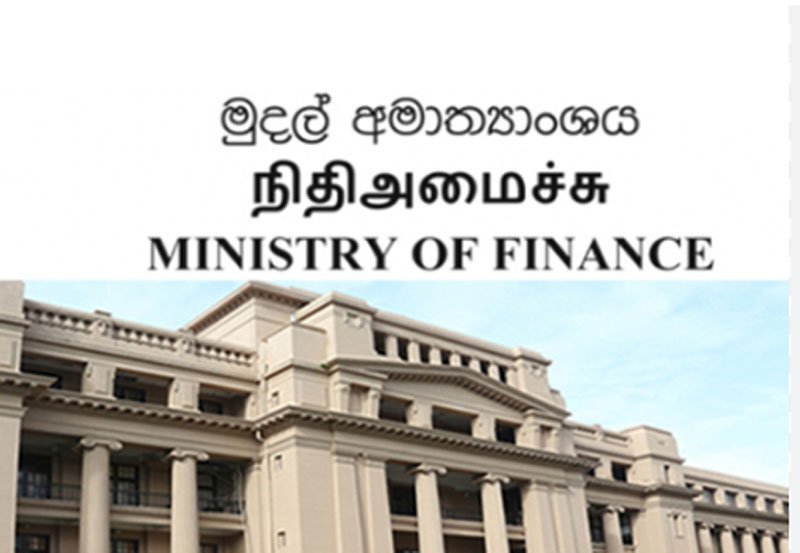

The Ministry of Finance, Economic Stabilization, and National Policies in Sri Lanka has clarified recent discussions surrounding a proposed property tax, emphasizing its role in addressing the country's severe economic challenges.
According to the ministry, the International Monetary Fund (IMF)-supported Extended Fund Facility (EFF) program outlines the implementation of a property tax aimed at high-wealth individuals, termed as an imputed rental income tax.
In response to speculation, the Finance Ministry highlighted that Sri Lanka faces a deep economic crisis exacerbated by a sharp decline in government tax revenue, leading to high budget deficits and unsustainable public debt levels. In an effort to stabilize the economy, the government has embarked on revenue-based fiscal consolidation, with targets set to increase government revenue from a historic low of 8.3% of GDP in 2022 to 15% of GDP by the end of 2025.
To achieve these goals, the ministry outlined progressive measures implemented in recent years, including reforms to corporate and personal income taxes in 2023, and Value Added Tax (VAT) reforms in 2024. The planned property tax, expected to contribute 0.2% of GDP by 2025 and 0.4% annually thereafter, is a key component of the revenue enhancement strategy for 2025. The tax is designed to target high-value properties owned by wealthy individuals, with provisions for tax-free thresholds to exclude average income earners.
The ministry emphasized that the property tax proposal, anticipated to take effect in April 2025 pending legislative approval, aligns with international practices and aims to be efficient, progressive, and non-distortive in generating revenue for public services. It noted that similar imputed income calculations have been part of Sri Lanka's tax framework under the Inland Revenue Act No. 10 of 2006.
While acknowledging existing property-related taxes like local authority rates and stamp duty, the ministry underscored the importance of enhancing valuation mechanisms and databases to implement the new tax effectively. It highlighted the broader impact of improved government revenue on economic stability, citing reductions in budget deficits, lower interest rates, and currency appreciation as benefits for citizens.
Warning against the risks of inadequate government revenue, the ministry stressed that failure to meet revenue targets could jeopardize economic stability and public expenditure funding, potentially reigniting past economic crises.
The ministry's statement comes amidst ongoing efforts to finalize legislative processes and administrative preparations necessary for the implementation of the property tax, marking a pivotal step in Sri Lanka's economic reform agenda under the IMF program.